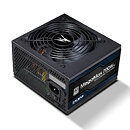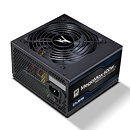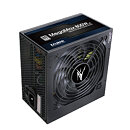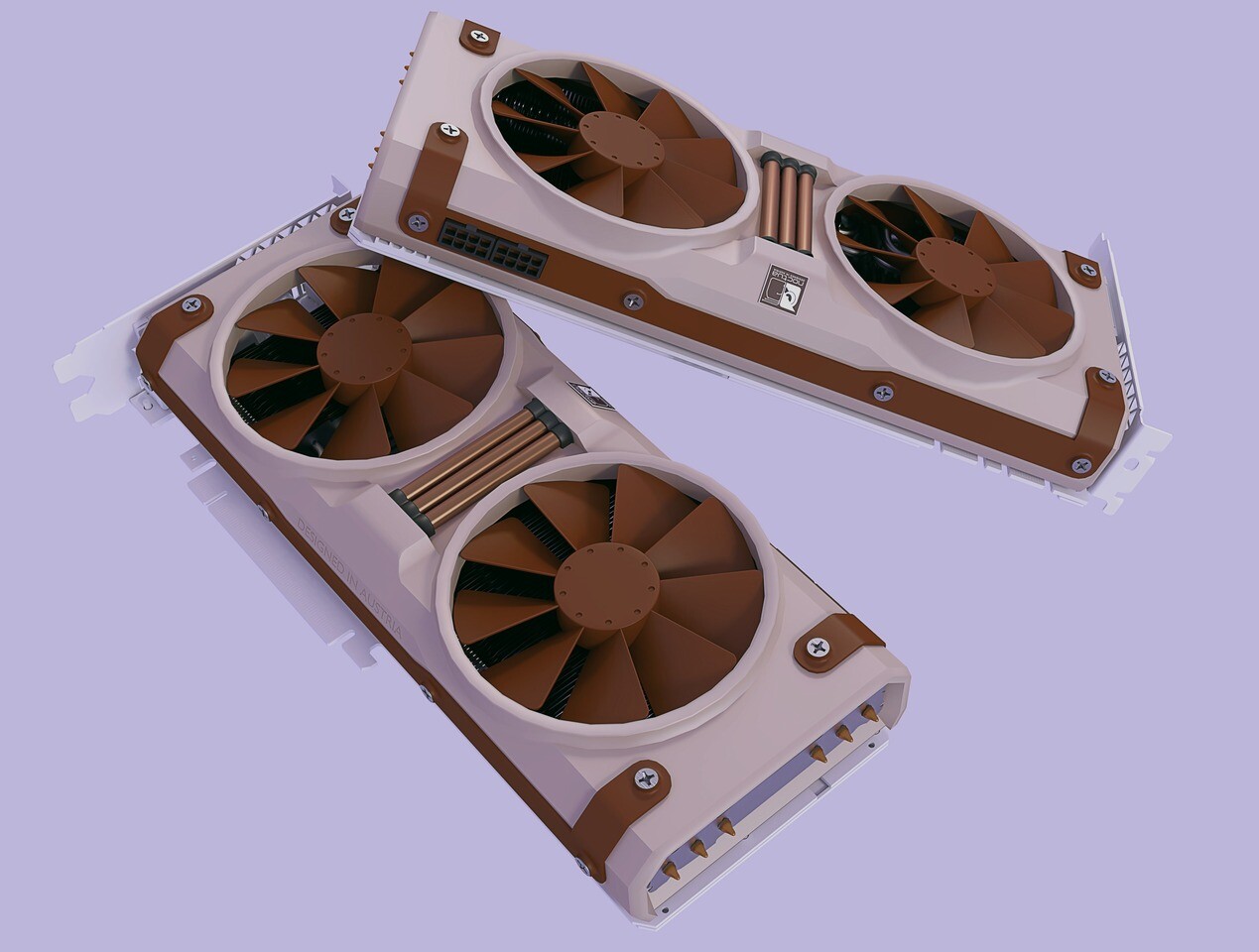Sure the PSU determines the power consumption efficiency, but what dictates the efficiency of the PC is the sum of all the components. That's why that American new law that prevented some Alienware PC's to be sold in California target the total consumption and not the PSU efficiency.
That's why i said that, if you go for a 10900k overclocked then the PSU is not much relevant when you are consuming that much. It's like driving a big SUV to go buy the grosseries next door, and not using the AC to save power.
I'm in no way denying the PSU efficiency is relevant, it can save energy and money. But in the context of a PC it becomes absolutely irrelevant in most cases, especially the DYI PC market. Considering the parts most of us use and the difficulty in staying on the optimum point in the curve.
This rating is pointless and what i want is a rating to tell me the quality i can expect from what i guy, a quality certificate, not this.
Those environmental laws have been massively misconstrued - they essentially only cover power consumption and efficiency when systems are idle, and scale with more powerful hardware (i.e. a PC with a high end GPU is allowed to consume more power at idle than one with an iGPU).
GamersNexus covered this excellently. But to sum up: what you're saying is plain wrong, and the sales ban for the affected hardware had absolutely zero to do with total system power draw under load, and was only due to them using inefficient PSU designs, designs that failed to meet the new requirements for
idle power draw. Blame Dell and the others for using outdated PSU designs, as they have known about this legislation for several years, and have had plenty of time to plan ahead.
You are of course right that component choice affects efficiency - and there are huge ranges depending on the age and price of your components, as well as factors such as overclocking. Higher end hardware is generally slightly less efficient, though the lowest end stuff also tends to be relatively inefficient overall. The thing is, PSU losses work the same no matter what, and are always on top of this 90% efficiency adds 11% to the wall power on top of whatever DC power your PC is drawing, whether that's 200 or 700W. Sure, the extra power draw is higher with the more powerful PC, but then it's also doing more work (hopefully!). And generally, you have the components you have - very few people are in a position to upgrade their CPU or GPU because it's inefficient, they do so for more performance (typically at a similar power level). And PSU losses add on top of that no matter what. That is of course an incentive to go for a more efficient PSU the more power your PC draws, as the overall gain will be more significant, but turning that around and using it as an argument
against higher efficiency PSUs at the lower end doesn't work. The argument is still the same - if you care about efficiency and reducing waste, get a better rated PSU.
You're also at least in part arguing as if "efficiency" for PC parts is a simple and linear relation, which it clearly isn't. Efficiency is bound up in meeting performance requirements (it really doesn't matter if your GPU is extremely efficient if it only delivers 23fps in your favourite game), expected component lifetime, usage scenario (current Intel CPUs can boost to 250+W, but don't come even remotely close to that while playing most games, as the workload isn't a constant 100% all-core load; my ~130W (stock, slightly undervolted and limited to 120W) 5800X consumes 70-80W while playing most games), and so on. Efficiency is of course also a measure of performance/cost, separating it from pure power draw, which your arguments seem to link it directly to - a 250W CPU is just as efficient as a 50W CPU if it's doing 5x the work, after all. There are even scenarios where CPUs with more cores or higher clocks are more efficient than lower end parts as the lower end parts end up maxing out yet underperforming while the faster parts can complete the work faster, put some cores to sleep, have fewer thread stalls, etc.
Also, I'd say your argument about choosing more efficient parts (besides not being about efficiency, but about power draw) needs turning on its head: people generally buy the most powerful parts they can afford, which also correlates strongly with their power draw. Meaning, the more powerful parts you buy, the more reason for a high efficiency PSU. Should they
also consider whether they actually need that performance? Sure. There's a ton of tech fetishism and general blind consumerism in the DIY PC space, and tempering those norms and desires is unequivocally a good thing. But arguing that more efficient PSUs isn't important doesn't bring us any closer to that.
The thing is: PSU
quality is not directly related to efficiency. You keep arguing as if it is. Yes, I'm aware that a lot of people think 80+ is a stamp of approval, some sort of quality assurance. It isn't, and never has been. And that isn't 80+'s fault, that is PEBKAC. Should there
also be some sort of standardization of PSU quality testing? Absolutely! But that is, once again, fundamentally unrelated to efficiency, and certainly unrelated to 80+. As
@AusWolf said above, and as I said in my previous post, it's more difficult to make a low quality PSU the higher your desired efficiency, but it's in no way a hard causal link. And arguing as if there is is part of the problem here.













 00W peak (which often means more like 200-230W in-game) gaming PCs is ridiculous), and there's a decent bump in actual real-world waste reduction. Of course, legislation mandating better efficiency has a much larger impact than any of this, but given that DIY parts are typically exempt from these regulations I still like to choose an efficient, good quality PSU when I'm in a position where I can do so. Whether it's platinum, gold or bronze doesn't matter all that much as long as it's suitably scaled to the workload, but I'd never buy white label, as the chances of that being even a remotely decent design is essentially zero. There's no direct causal link between efficiency and PSU quality, but if you design for one, you also tend to design for the other. Reviews are obviously necessary, but there's no reason to actively seek out trash.
00W peak (which often means more like 200-230W in-game) gaming PCs is ridiculous), and there's a decent bump in actual real-world waste reduction. Of course, legislation mandating better efficiency has a much larger impact than any of this, but given that DIY parts are typically exempt from these regulations I still like to choose an efficient, good quality PSU when I'm in a position where I can do so. Whether it's platinum, gold or bronze doesn't matter all that much as long as it's suitably scaled to the workload, but I'd never buy white label, as the chances of that being even a remotely decent design is essentially zero. There's no direct causal link between efficiency and PSU quality, but if you design for one, you also tend to design for the other. Reviews are obviously necessary, but there's no reason to actively seek out trash.

